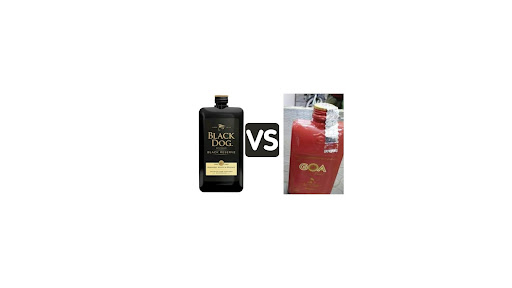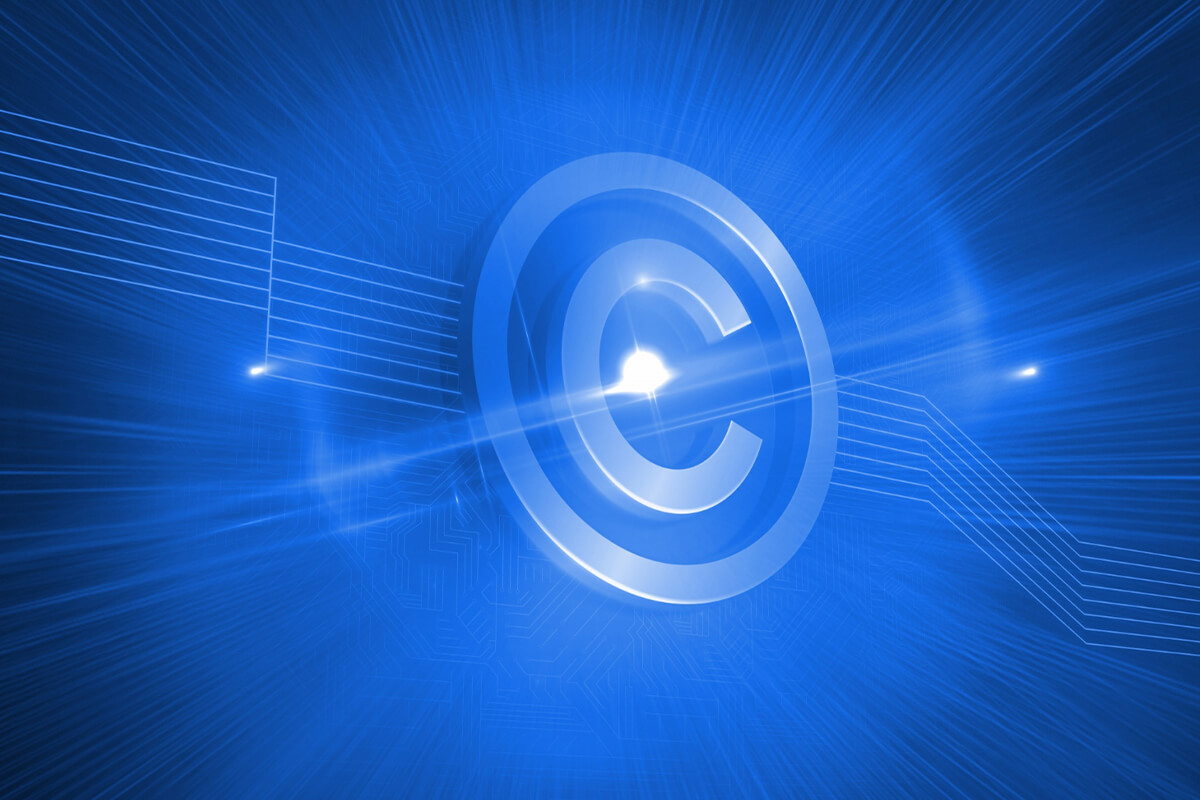
Design Battle: Diageo Brands B.V. v. Great Galleon Ventures Limited
What is a design under intellectual property?
Under intellectual property law, a design refers to the aesthetic appearance of an article/product, including its shape, configuration, pattern, or ornamentation. This can include the design of industrial products such as furniture and household items, as well as the design of textiles and other decorative items. A design can be protected by a design patent or a registered design, which gives the owner exclusive rights to prevent others from making, selling, or importing products that copy the design.
Some examples of brands that have famous designs that are patented include
Apple: The company has several patented designs for its products, including the iPhone, iPad, and MacBook.
Louis Vuitton: The luxury fashion brand has patented designs for several of its handbags, including the iconic Speedy bag and the Keepall bag.
Nike: The sportswear company has patented designs for several of its shoe models, including the Air Jordan and the Air Max.
Harley-Davidson: The motorcycle company has patented designs for several of its bike models, such as the Fat Boy and the Sportster.
Tiffany & Co: The company has patented designs for several of its jewelry designs, including the iconic Tiffany Setting engagement ring.
Case Study: The Analysis
Facts
Diageo Brands B.V. v. Great Galleon Ventures Limited is a legal case involving a dispute between two liquor companies. Diageo Brands B.V.(the Plaintiff) is a well-known liquor company that owns the trademark for the Johnnie Walker brand of whiskey. Great Galleon Ventures Limited(the Defendant) is a company that produced a flask called "The Hipster" which resembled a smartphone.
Diageo Brands B.V. claimed that the design of The Hipster flask was too similar to the shape and configuration of their own bottle designs, which could potentially cause confusion among consumers. They argued that The Hipster flask could be seen as a knock-off or counterfeit product and that it infringed on their intellectual property rights.
The Diageo Brands are in the business of making alcohol, and they own the design of the bottle commonly known as "Hipster" in India and "Pocket Scotch" globally. They also say that the look and trade dress of the Hipster bottle belongs to them under their registered design.
Diageo Brands alleges that it is a "slavish and fraudulent imitation" of their Registered Design and a "dishonest adoption" of their bottles' trade dress and overall look. They then sued the Great Galleon Ventures and demanded a permanent injunction and other reliefs. In February 2021, an ex-parte interim order was passed.

Important Contentions of the Plaintiff:
1. The novelty of Registered Design: The Hipster flask has a shape that resembles a smartphone, setting it apart from traditional flasks. The combination of its distinct design elements gives it an overall aesthetic appeal that is both unique and visually appealing.
2. Diageo Brands B.V. also contended that The Hipster flask could be seen as a knock-off or counterfeit product, which could damage their business by taking away sales and revenue from their own products. They claimed that Great Galleon Ventures Limited had intentionally copied the design of their bottles in order to create a product that would appeal to consumers who were familiar with their brand.
3. A form/shape used as a source of identification can be protected as a trademark and can claim common law rights in numerous distinguishing non-functional visual elements of the design.
Important Contentions of the Defendant:
1. Defendant claimed that it had sold over 35 lakh bottles of "GOA"-branded products, earning over INR 100 crores.
2. Defendant stated to have prominently displayed its mark "GOA" on all its products and that the buyers widely recognize it thus eliminating any mistake or confusion
3. The Hipster design's creator, as admitted by the Plaintiffs, is a creative made by a third party agency, and the mere submission of the website pages in the plaint cannot satisfy Section 2(j) of the Designs Act, since there is no pleading that the said author has executed or assigned the work for Plaintiffs.
4. Plaintiff’s hip designs are liable to be cancelled because the design has taken inspiration from the hip flasks which are quite common in the trade.
Issues
The Court found the following issues after hearing both parties' arguments:
1. The Registered Design's owner?
2. How does registering a design affect the injunction relief?
3. Is there any prima facie evidence of fraudulent and blatant replication of the Plaintiffs' Registered Design to support an injunction?
4. Is there the similarity in the trade-dress/get-up, constituting passing-off, and if so, can an injunction be granted on that ground?
Judgment
1. The Court stated that Diageo brands outsourced their design creation for payment. Also, the Court also noted section 2(j)(ii) of the Designs Act 2000, which states that the proprietor of a design is the person for whom it is executed, subject to consideration. The Court rejected Defendant's claim that Plaintiff did not own the registered design.
2. The Court decided that an injunction would follow if a design appears to be prima facie legitimately registered, has all requisite qualities for registration, and in this case the Plaintiffs have proved a strong prima facie case of infringement, imitation, or passing off.
3. In deciding the third issue, Write this instead: The Court emphasised the importance of considering substantial and overall similarity rather than minor differences when assessing infringement. As a result, the Defendant's product was found to be deceptively similar to the Plaintiff's, as the Defendant failed to argue that their business would be significantly impacted, and neglected to conduct any research. The Plaintiffs had previously used the design. The Plaintiff's business was experiencing severe harm due to the similarity between the products.
4. In deciding the fourth issue, the Court restated the requirements for establishing the tort of passing off, which had previously been outlined in RB Health (US) LLC v. Dabur India Ltd. Furthermore, the Court examined the color schemes of both products and determined that no action of passing off could be sustained.
Conclusion:
In conclusion, the Court's decision, in this case, is thorough and provides valuable insight into whether the current tests for design laws in the country. It was also made clear that just because there are similarities that support a design infringement claim does not automatically give rise to a passing-off claim. The Court found that the interim injunction application was prima facie maintainable. It noted that although a bottle is not a new invention, its novelty is derived from its unique design and configuration, which is the product of its creator's imagination. The Court further explained that when evaluating the imitation of trade dress, the overall appearance of the product should be considered, rather than just its individual design components.
In a world where technology is advancing faster than ever before, it's essential to protect your designs from infringement. Fortunately, with Photon Legal we can help you identify potential design infringements and take appropriate action to protect your intellectual property. Don't let your hard work go to waste. Click here to learn how we can help you safeguard your designs.
On this page
Relevant reading for smart FMCG and tech brands.
View All

Are you trying to figure out why investors value patents? Intellectual property is undoubtedly...

Are you trying to figure out why investors value patents? Intellectual property is undoubtedly...

Are you trying to figure out why investors value patents? Intellectual property is undoubtedly...
You could spend the next 3 years following up on patent applications.
Want to exit, scale, or sleep better? Start with faster IP protection.
Let’s talk before someone else owns what you’ve built.
Is your IP at risk because of delayed patents?
Or you could get Pulse by Photon Legal. Our interactive platform helps take you from idea to patent in <11 months.
.svg)
.svg)
.svg)
.svg)
.svg)















